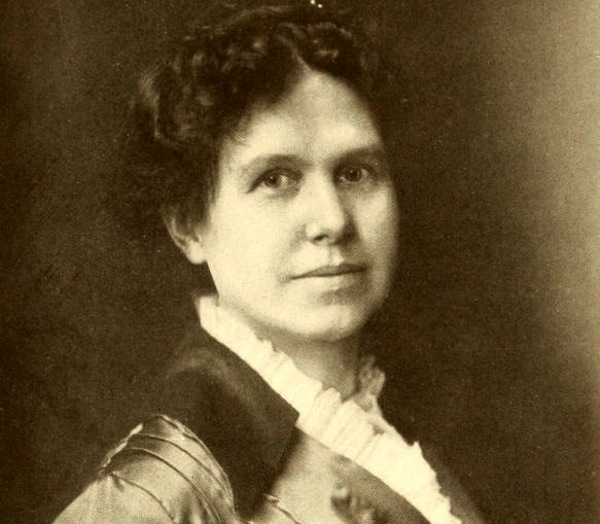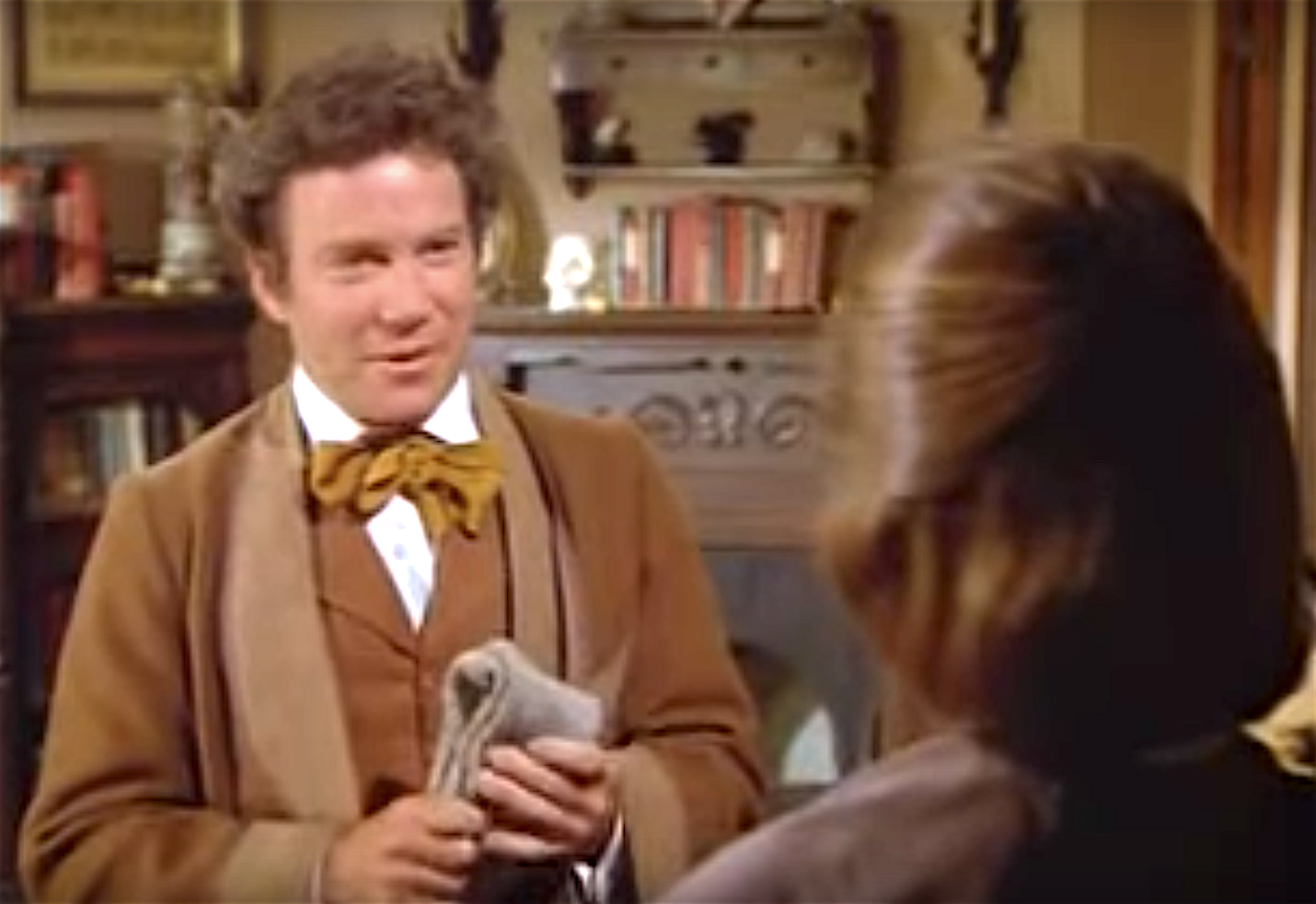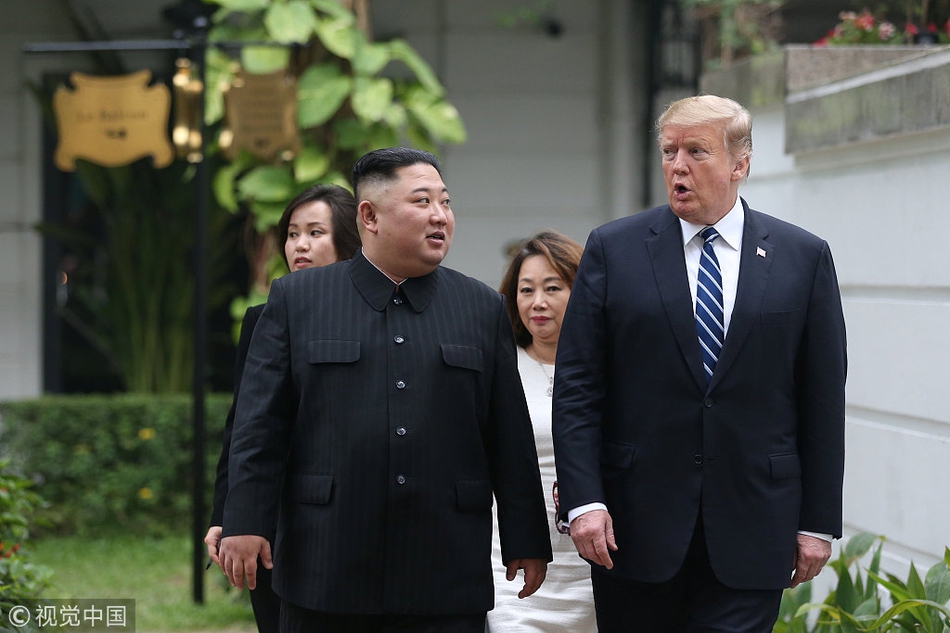Give them credit: before they went out,The Smiths (2010) Porn Movie they took at least one really good swing at the tech gods.
Silicon Valley, which returns to HBO Oct. 27, opens its final season with a rarity: Amazon, Facebook and Google are directly called out by name. In Episode 1's cold open, these companies have been hauled before a Senate hearing. A Senator recounts their admissions to various misdeeds. Hooli CEO Gavin Belson (Matt Ross), once the show's big bad, now struggling to stay relevant in a wide world of corporate villainy, cuts in: "we've admitted wrongdoing too!"
The hearing is teed up for Pied Piper CEO Richard Hendricks (Thomas Middleditch) to walk in and give a rousing speech about the importance of internet privacy, even as he pratfalls and exudes Zuckerbergian levels of discomfort. But as with other tech founders that once vowed not to be evil, Richard's position on user rights will acquire some shades of grey by episode's end.
You May Also Like
'It's harder to be silly when things are so grave'
Though the satire gets darker and the writing gets sharper, there's a dark cloud hanging over Silicon Valley's swan song. It's the fact that a topical comedy with a six-month gap between writing and screening simply cannot keep pace with real-life tech-world terrors any more.
Silicon Valley is changing too fast and becoming too Orwellian for Silicon Valley— as the showrunners freely admit.
"It makes it harder to be silly, when things are so grave," says Alec Berg, executive producer of Silicon Valley (and guy you might remember from the "inside the episode" bits of Barry)in an interview withMashable prior to the Season 6 premiere."In a way we have a similar thing to [HBO's presidential satire] Veep.It was just time for Veepto hang it up, because satire is about making things more extreme to show their ridiculousness. How do you make things more extreme when they're already off-the-charts extreme?"
Show creator Mike Judge, who knows a thing or two about political satire turning into terrifying reality — he also made Idiocracy— agrees. "In the beginning it was more fun-absurd," he says, casting a glance back at the way-different world of 2014, when Silicon Valleypremiered. "These guys [in tech] were just pompous blowhards back then, and now ..."
"They moved fast and they broke things," says Berg, who often finishes Judge's sentences, referencing Facebook's infamous early slogan. Berg chuckles darkly. "They broke things like the world."
 Original image has been replaced. Credit: Mashable
Original image has been replaced. Credit: Mashable To be clear, Berg and Judge aren't wrapping up the Pied Piper story because of the Cambridge Analytica scandal, or because Mark Zuckerberg seems hell-bent on turning Facebook into a dystopian hellscape of unchecked pro-Trump ads. They're ending it because the tale of a startup growing from strength to strength, from Season 1's incubator to Season 6's vast warehouse HQ, has a built-in time limit.
"It's a show about aspiration," Berg says. "You can only be an outsider for so long. Six seasons is the right amount of time."
At the same time, the comedy well has clearly dried up. There's a lot of sighing and shaking heads as we discuss Zuck, the ultimate outsider-turned-insider. The day after the Silicon ValleySeason 6 premiere in San Francisco, the Hendricks-esque Facebook founder delivered an online address in which he basically shrugged off lies in campaign ads, while the viewer comments chosen by the algorithm were so fawning they would have embarrassed an autocrat.
How do you satirize that?
Or take Elon Musk. The show has fired its share of shots at the Tesla entrepreneur over the years. Musk has fired back, suggesting that the showrunners didn't understand the true spirit of the Valley because they haven't been to Burning Man. (In the five years since he said that, Berg and Judge have resolutely refused to visit the desert festival; however, the pair tease the fact that they are finally featuring a Burning Man-like event in Season 6).
But how do you riff on 2019 Musk with his weird, sad, self-inflicted tweet-based disasters? Can you turn calling a cave diver "pedo guy" in a tweet, then doubling down, then ending up in court for defamation, into a rollicking half-hour of comedy? How about his horrible Harambe auto-tune, or his bizarre pot joke about buying back Tesla stock at $420 a share that led to a $20 million SEC fine and the loss of his chairmanship?
Berg and Judge shake their heads. They got nothing more extreme than that. And if these comedy legends got nothing, ain't nobody got nothing.
'It became about people saving the world'
At least the timing of tech dystopia has allowed the show to go out with a bang — by turning our heroes into more than just delivery vessels for satire. Season 6 sees them turning into something more like, well, our heroes.
"At the start, their aspiration was to make a billion dollars," says Berg, even though Team Pied Piper may have cloaked that greed in claims of saving the world. "Then the rest of the tech business turned to the dark side. So it actually, literally became about people saving the world."
That suggests we'll see an ending for Richard that somewhat mirrors the experience of Thomas Middleditch himself. Not only has Silicon Valleychanged the actor's career (winning him big-time movie roles, making him the face of Verizon), it also led to him becoming an investor in actual Silicon Valley startups — specifically, green tech companies.
"I like to think my investments are a little bit different" than the stereotypical "deliver donuts by drone" kind of company, Middleditch says. "I've certainly met a lot of people who seem like they're making the world a better place."
Then, just like his character, Middleditch second-guesses himself, worried that he's falling into the classic Silicon Valley trap of thinking whateveryou're doing is making the world a better place.
"I don't know. Maybe I've just drunk the Kool-Aid. Maybe I've lost all my edge, my satire."
There's a lot of that going around.








